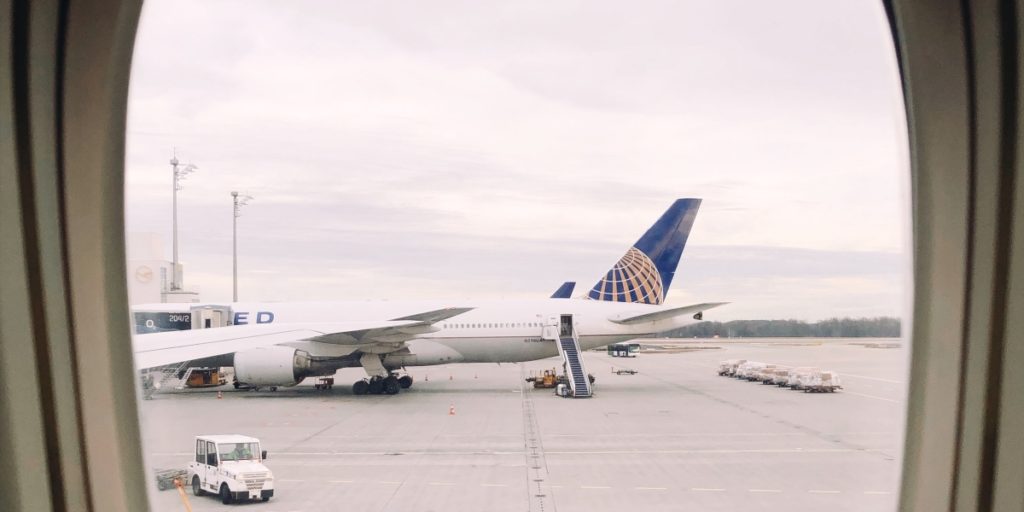Flight credits have become increasingly common as flight cancellations and changes have become more prevalent. Understanding how to utilize these credits effectively can save travelers time, money, and frustration. Here’s a detailed overview of flight credits, including how to use them, their expiration policies, and insights into specific airline rules.
Understanding Flight Credits
Flight credits, also known as travel credits, are essentially credits received when canceling a flight. These credits are typically associated with the original ticket and can be used towards future flight bookings. However, each airline has its own set of rules and conditions regarding the use of flight credits.
How to Use Flight Credits
Using flight credits usually involves booking a new flight through the airline’s website or by contacting the airline directly. The process may vary depending on whether the original ticket was booked directly with the airline or through a travel agency. It’s essential to have the original ticket information on hand when rebooking with flight credits.
Flight Credit Expiration Policies
Flight credits often come with expiration dates, typically valid for one year from the date of the original ticket purchase. However, it’s crucial to note that some airlines may start the expiration clock from the date of the original booking rather than the date the flight credit was issued. Additionally, there may be differences between “fly by” dates and “book by” dates, so travelers should clarify these details with the specific airline.
Airline-specific Flight Credit Rules
Different airlines have varying policies regarding flight credits. Here’s an overview of flight credit rules from five major U.S. airlines:
- Delta Air Lines eCredits: Delta’s flight credits, known as eCredits, can be used towards any Delta flight, including taxes and fees. They are valid for one year from the original booking date.
- American Airlines Flight Credits: American Airlines offers flight credits for canceled or unused tickets, valid for travel within one year of the original travel date. These credits can only be used for non-award flights and cannot be extended beyond their expiration dates.
- JetBlue Travel Bank Credits: JetBlue‘s travel credits, also called travel bank credits, can be used for JetBlue flights and certain additional expenses. They are valid for one year from the original ticketing date, with travel required to begin by that date.
- United Airlines Future Flight Credits: United Airlines provides future flight credits for canceled or changed flights, which can be used for airfare and select extras. These credits expire one year after issuance and cannot be extended.
- Southwest Airlines Flight Credits: Southwest offers flight credits, known as travel funds, that never expire and can be used towards future flights. They are tied to the original flight number and are easy to use during the booking process.
Understanding these airline-specific rules can help travelers make the most of their flight credits and avoid any potential pitfalls.

